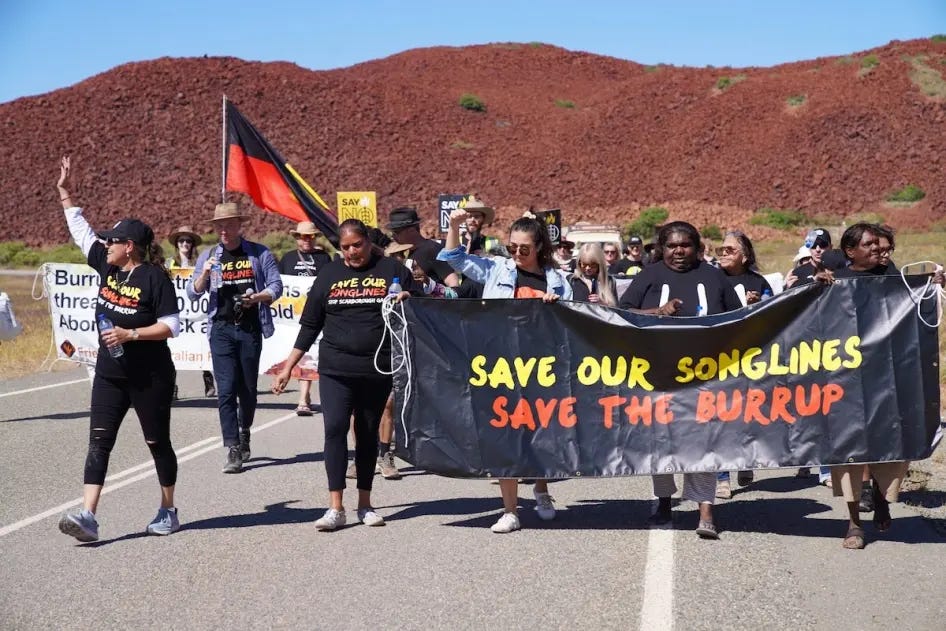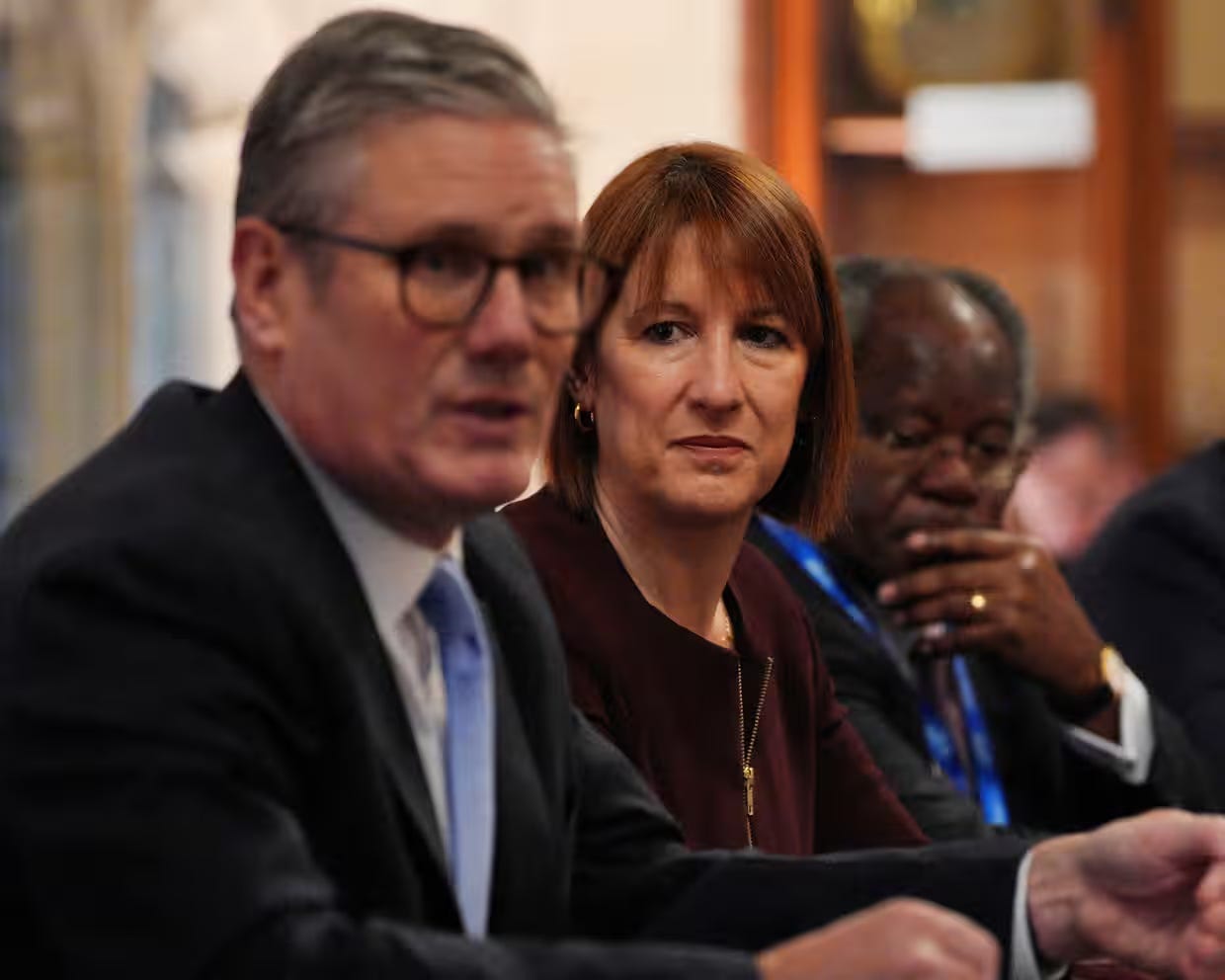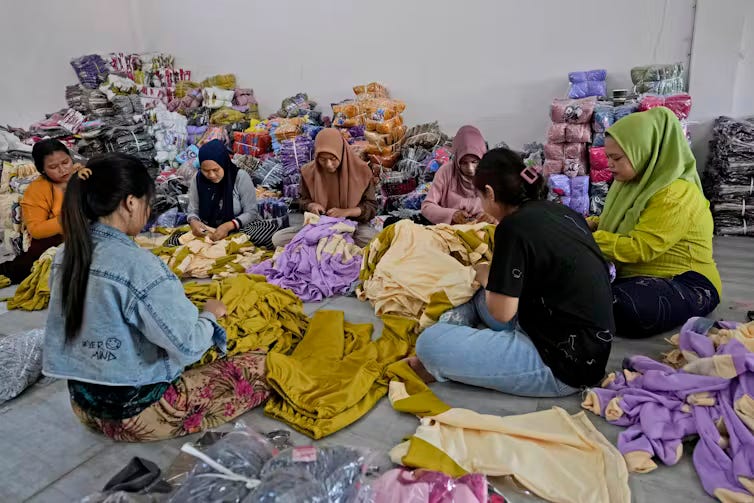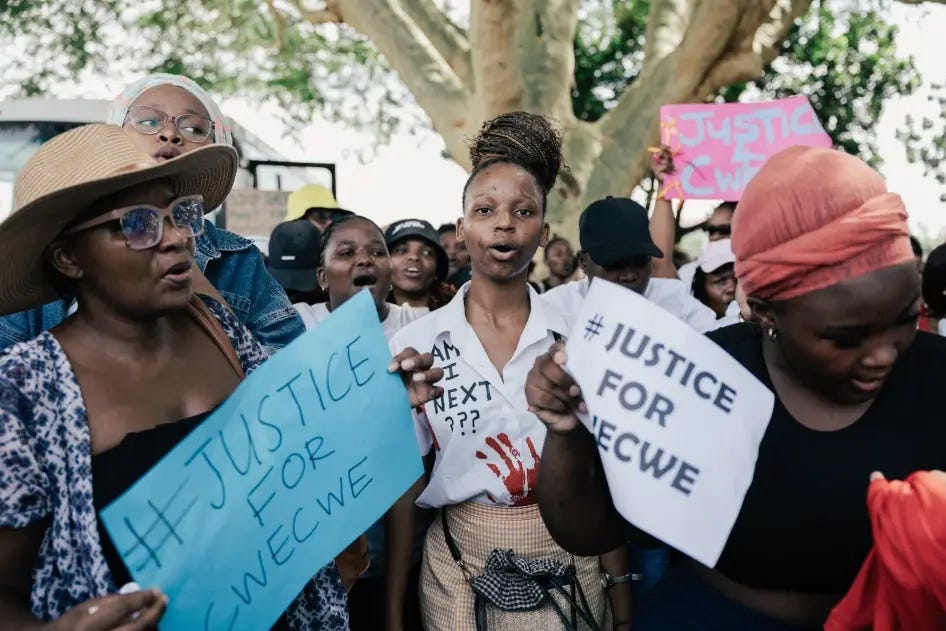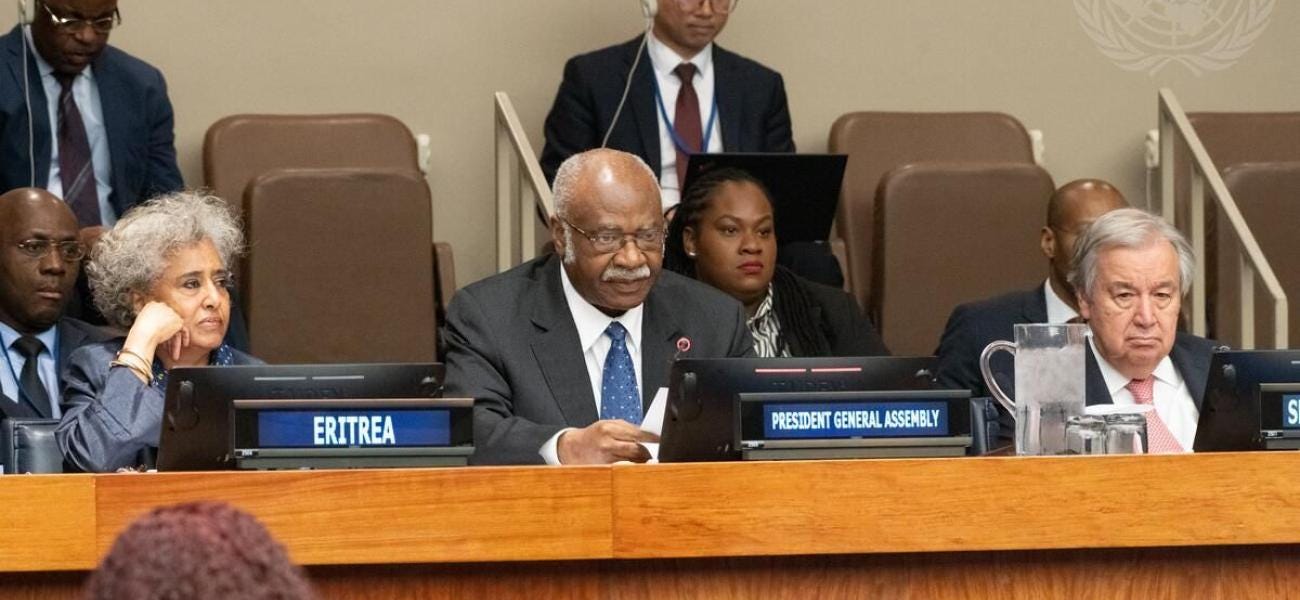Developmental Insights Edition 12
Welcome to the 12th Edition of Developmental Insights!
Every 2 weeks, I look forward to compiling stories within the field of international development with the hope that you find it interesting and informative. ‘In Discussion’, where I do a deep dive into a news story will be back in two editions time - if you have any specific news stories which you found interesting and would like me to cover, please do leave a comment or send an email to developmentalinsights@gmail.com. In the meantime, if you’ve missed it, here are my previous articles for ‘In Discussion’.
This week we’ll be covering international development stories across the world, focusing on the UK, Australia, Brazil, and South Africa looking at gender, climate and inequalities.
In this edition:
Australia extends license for Nation’s Biggest Fossil Fuel Project, yet undermines Indigenous rights
Last week, the Australian government announced that it had given preliminary approval for the country’s biggest fossil fuel project, the North West Shelf Project, to continue operations until 2070. The facility is located in the Burrup Peninsula (Western Australia) and is the country’s largest liquefied natural gas plant. According to the Human Rights Watch, the extension was opposed by Indigenous activists and climate and human rights organisations.
The area surrounding the plant is known as Murujuga and is culturally significant to Indigenous groups for its more than one million rock carvings called petroglyphs. Evidence shows that air pollution from the project is already damaging the petroglyphs, which date back 50,000 years and include the world’s oldest recorded depiction of human faces.
10 Downing Street delays its child poverty strategy as tens of thousands more face hardship
Labour’s flagship strategy on child poverty has been delayed until at least the autumn, which may result in tens of thousands more children falling into poverty. This decision comes amidst Treasury concerns about the costs implications of ending the two-child limit on universal credit. Treasury reluctance centres on budget impacts and the uncertainty of monetary commitments before September. A potential £750 million child poverty package is being considered.
This delay has been met with strong criticism from advocates and Labour MPs, many of whom also oppose recent cuts to disability benefits. Critics urge urgent investment, warning that incremental policies will be ineffective. Charities and progressive groups have also been vocal in their criticism, stating that Labour’s hesitation to address rising child poverty could become a defining issue for the government’s legacy. Child poverty currently stands at a record 4.5 million children in the UK.
AI helps tackle traffic carbon emissions in Buenos Aires
Artificial intelligence and Google Maps have helped Buenos Aires, Argentina optimise traffic flows that can lower carbon emissions. By analysing Google Maps driving data, the city adjusted traffic light cycles along key streets. The optimisation led to a 14% reduction in vehicle stops, saving approximately 2,339 hours of travel time and 6,987 litres of fuel annually. The initiative (called ‘Green Light’) addresses the significant pollution caused by stop-and-go-traffic, with studies indicating emissions at stoplights can be up to 29 times higher than in free-flowing conditions.
Green Light is operational at over 70 intersections worldwide, including cities like Rio de Janeiro, Kolkata, Bengaluru, Abu Dhabi, Manchester, Seattle, and Boston. Preliminary data suggests that there is a potential to reduce stops by up to 30% and emissions at intersections by up to 10%. However, due to differences in traffic management structures and bureaucratic processes, implementing these systems varies globally.
Worker led programmes that are tackling gender based violence in supply chains are at risk
Gender-based violence and harassment is a widespread issue in supply chains with female workers in garment manufacturing and food production routinely subjected to sexual advances and inappropriate comments. In the most severe cases, this abuse escalates to sexual assault and rape. Despite decades of awareness and an International Labour Organisation Convention passed in 2019 and ratified by 49 countries, little progress has been made. A 2024 report from Statistics Canada has found that 47% of women have experienced come form of harassment or sexual assault in the workplace.
Rates of gender based violence have been found to be even higher in some countries and industries. For instance, in Bangladesh, it was found in 2018 that at least 60% of garment workers had experienced it in the previous year, while another found that 85% of garment workers in Indonesia were concerned about sexual harassment at work. As a result of this persistent and global issue, women workers (supported by labour unions and organisations) have led the development of legally binding agreements with brands and suppliers to eliminate gender based violence and harassment.
Violence against Children in South Africa
A spree of violent attacks in South Africa have demonstrated how children in the country are often left unprotected. This is despite legislation - such as the Children’s Acts and the National Plan of Action for Children - protecting the rights of children. Some cases do not make it to the headline or go unreported, even though each case is seemingly more brutal than the last. This illustrates South Africa’s weakened protection system and lack of promotion of children’s rights.
In the last five years, nearly 3,000 children were reported missing, according to Save the Children South Africa. In November 2024, the Teddy Bear Foundation, an organisation working on child abuse in South Africa reported that of the more than 5,000 cases it dealt with between 2019 and 2024, only 4% led to convictions.
Africa’s push for reparative justice takes centre stage
Leaders at the Africa Dialogue Series at the United Nations in New York (ADS2025) called for reparatory justice through global governance reform, debt relief, climate action and a return of looted items. For more than four centuries, over 12 million Africans were taken from their homelands, enslaved and subjected to brutal exploitation. Today, the legacy of this persists within structural injustices as seen through an underrepresentation in global decision-making, debt traps and unfair trade regimes, racism and climate vulnerability.
A central theme that emerged from ADS2025 is that reparations must be multi-dimensional. They are more than financial compensation and should instead be seen as structural transformation. The dialogue also made a strong case for leveraging African diaspora to amplify advocacy, solidarity and investment.
Foreign aid cuts hit women and girls the hardest as NGOS are forced to close
Reducing aid funding threatens the lives of women and girls worldwide as many NGOs that support them predict that they will be shutting down soon. Women-led and women’s rights groups operating on the frontlines of humanitarian crises have been hit the hardest with almost half of all organisations expected to shut down within 6 months. A survey conducted in March of 411 organisations across 44 countries found that nearly three- quarters of the groups had already laid off staff.
Unfortunately, this means for the most vulnerable women and girls around the world, their situations will become even more dire. Some young girls are already denied an education and forced into child labour or early marriage, pregnant women in refugee camps have to give birth without a midwife, while female survivors of rape, sex workers and HIV patients are left without shelter or support.
Thanks for reading edition 12 of Developmental Insights - I hope you enjoyed it and found it informative! Please subscribe to the newsletter if you would like to continue receiving it straight to your inbox every other Friday!
I am always open to suggestions or feedback so please send anything to developmentalinsights@gmail.com or, simply add a comment below!
I look forward to connecting with you further in future editions!
Best,
Harkiran


